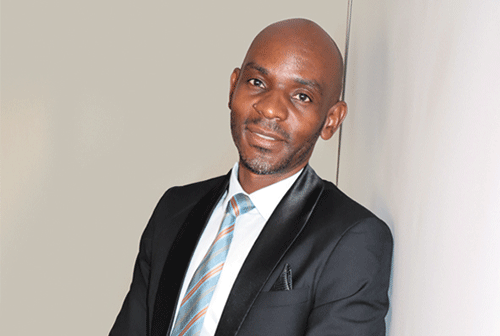Gender-based violence remains a pervasive issue in Namibia, and with recent tragic incidents underscoring the urgency of addressing this epidemic, it is important, to look at some of the underlying factors that contribute to the persistence of these deeply- rooted issues.
One of the critical reasons GBV continues to plague our society is the reluctance of victims to report incidents. Fear of stigma, retribution, and disbelief from authorities often discourages victims from coming forward.
This silence encourages perpetrators, allowing them to continue their abusive behaviour unchecked. It is imperative that we create a supportive environment where victims feel safe and encouraged to report their experiences.
Strengthening legal protections, providing confidential reporting channels, and increasing public awareness about the importance of reporting GBV are crucial steps in breaking this cycle.
Economic dependency is another significant factor that forces many victims to remain in abusive relationships.
When one partner relies on the perpetrator for financial support, the fear of losing economic stability can outweigh the desire to escape abuse. This financial coercion traps victims in a cycle of violence and dependency.
To combat this, it is essential to empower victims through education, vocational training, and financial assistance programmes. By providing the tools for economic independence, we can help victims regain control of their lives and reduce their reliance on abusive partners.
GBV in marriage
GBV within marriage is a particularly treacherous form of abuse, often hidden behind closed doors of domestic life. Cultural and societal norms that uphold the sanctity of marriage can pressure victims to endure abuse in silence.
The belief that marriage is a private matter and the fear of societal judgement prevent many from seeking help. Addressing GBV in marriage requires a multifaceted approach, including legal reforms that protect victims’ rights, community outreach programmes that challenge harmful norms, and accessible support services for those trapped in abusive marriages.
Cultural beliefs and customs
Cultural beliefs and customs can also play a significant role in the perpetuation of GBV. In some communities, traditional gender roles and expectations can normalise or even justify violent behaviour towards women. Customs that prioritise male dominance and female submissiveness create an environment where GBV is tolerated or overlooked.
Additionally, certain cultural practices, such as early or forced marriages, can place young girls at increased risk of abuse.
Unchecked mannerisms and behaviours that children witness while growing up can significantly contribute to the perpetuation of GBV. When children are exposed to violence within their households or communities without intervention or correction, they may internalise these behaviours as normal or acceptable.
This normalisation of violence can manifest in their own relationships later in life, perpetuating the cycle of abuse. Moreover, children who grow up witnessing GBV may develop distorted views of gender roles and power dynamics, further reinforcing harmful societal norms that contribute to GBV.
For the sake of children
Many victims choose to endure abuse for the sake of their children, believing that maintaining a two-parent household is in the best interest of their offspring. However, growing up in an environment of violence can have detrimental effects on children, including emotional trauma and the perpetuation of abusive behaviour in future relationships.
The persistence of GBV in Namibia is a complex issue that requires a multifaceted approach to resolve.
Encouraging someone to walk away from an abusive relationship is easier said than done, but that should not deter us from continually advocating for a peaceful Namibia with zero tolerance for violence. By understanding the reasons behind victims’ reluctance to report abuse, their financial dependencies, the challenges within marriages, cultural beliefs and customs, and the impact on children, we can better deal with the root cause and address these factors.
By reporting GBV crimes and supporting victims, we can create a society where justice prevails and where all, particularly women and children, can live free from fear. Together, we can turn the tide against GBV and build a safer, more equitable future for there is no reason enough to justify abusing or taking the life of another person.
It’s crucial to implement programmes aimed at educating both children and adults about healthy relationship dynamics, respectful communication, and non-violent conflict resolution approaches.
By promoting positive role models and providing support to families at risk, we can help break the cycle of violence and prevent future generations from perpetuating GBV. Additionally, integrating discussions on gender equality and respect into school curricula can foster a generation that values empathy, equality, and non-violence, thereby contributing to a safer and more equitable society in Namibia.
*Lukas Haufiku serves as the chief public relations officer of the Ministry of Gender Equality, Poverty Eradication, and Social Welfare. However, the views expressed here are his personal opinions and do not necessarily reflect the official stance of the ministry.


